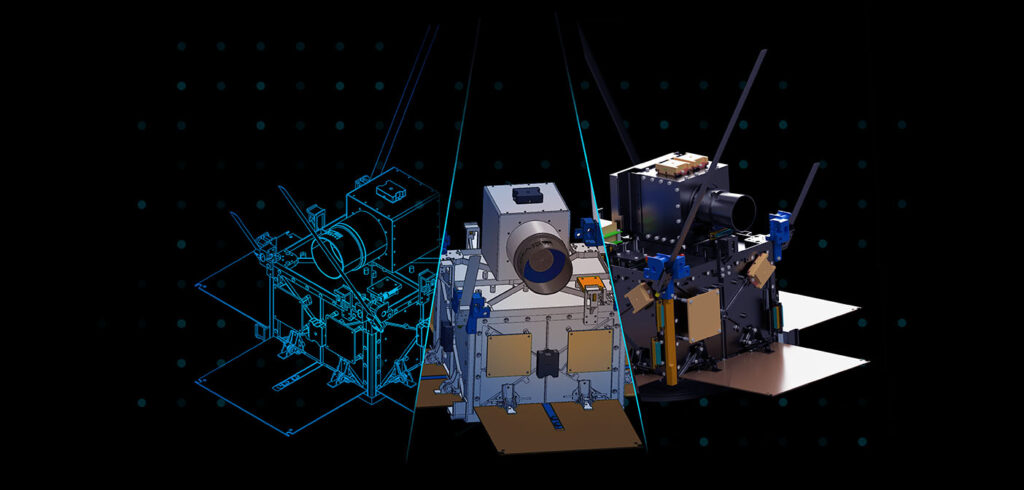Pixxel, which aims to build the world’s highest resolution commercial hyperspectral satellite constellation, has come out of stealth and raised US$7.3 million in a seed funding round with new capital from Omnivore VC, Techstars, and others, who are joining alongside Lightspeed Ventures, Blume, growX, Ryan Johnson, former President at Planet Labs, and additional industry leaders. The company’s first hyperspectral satellite will launch within the next few months.
“We are very excited to finally speak about what we are building at Pixxel,” said Awais Ahmed, co-founder and CEO of Pixxel. “Our new funding enables us to build a health monitor for the planet through the world’s most advanced hyperspectral small-satellites. This enables us to capture some of the richest imagery that’s ever been beamed down to earth. These hyperspectral satellites will allow society to tackle many of humanity’s most pressing issues and we believe they will become the holy grail of remote sensing – providing the best combination of spatial, temporal and spectral resolutions to date and empowering humans to see the earth like never before.”
Technology allows Pixxel to capture exact chemical signatures
Compared to the common multispectral satellites prevalent today, Pixxel’s hyperspectral earth-imaging satellites are able to beam down 50x more information by capturing light reflected in far more detail and using narrower bands beyond just red, green and blue. This technology allows Pixxel to capture exact chemical signatures and offers more accurate solutions to previously unsolvable issues in industries such as agriculture, energy and environmental conservation. Once deployed, Pixxel’s constellation will provide 24-hour global coverage in higher quality resolution and at a lower cost than any existing satellite competitors.
Hyperspectral imaging has the power to help with pressing issues that are invisible to today’s satellites such as flagging pest infestations and crop diseases, tackling air and water pollution levels and detecting oil spills and gas leaks. Pixxel’s imagery and platform provide a one-stop shop for geo-spatial insights.
“Hyperspectral imaging is the next frontier in the $400B+ space industry and Pixxel has proven it can build the hardware and software to be the leader in this category,” said Ryan Johnson, investor in Pixxel and former CEO at Blackbridge, operators of the Rapidye satellite constellation. “Having the best possible imaging technology in space will be critical to understanding our planet and making life more sustainable. I’m very excited to be a part of Pixxel and help them in this journey.”
Today’s funding marks the close of Pixxel’s US$7.3 million seed round and follows significant technical, commercial, and team momentum bringing onboard some marquee investors such as Lightspeed Ventures and Techstars. This additional funding will enable Pixxel to continue to rapidly scale its operations to meet the growing demand of high quality remote sensing data through hyperspectral imaging. To date, Pixxel has built partnerships and worked alongside the Indian Space Research Organization (ISRO), Maxar, and NASA’s Jet Propulsion Laboratory (JPL).
Pixxel was co-founded by then 20 year olds Awais Ahmed and Kshitij Khandelwal in 2019, and is based in Los Angeles and Bengaluru, India.



